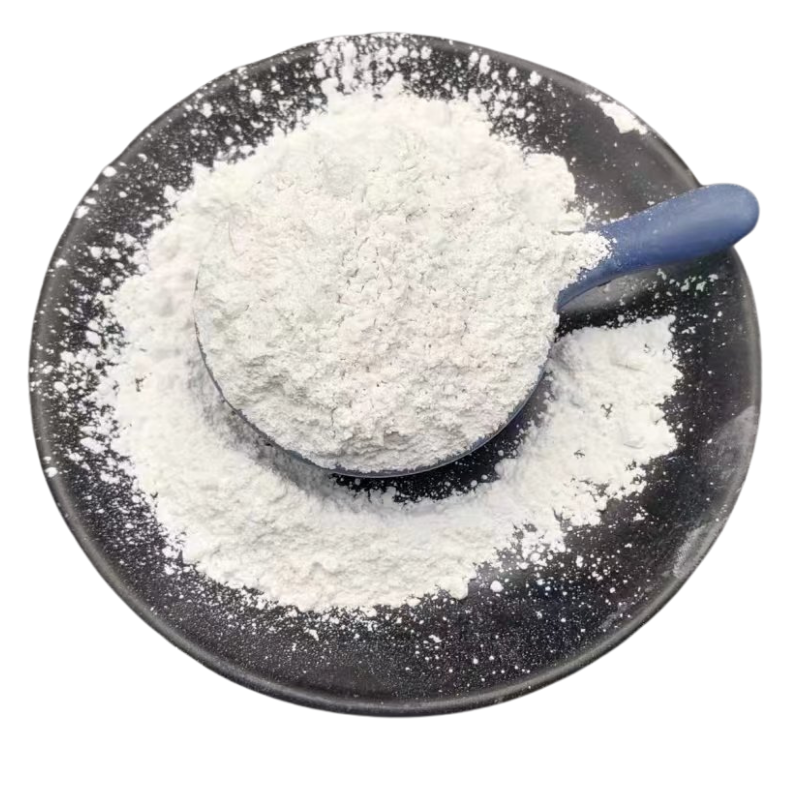
Production of Barite and Bentonite Minerals for Industrial Applications and Environmental Solutions
The Barite and Bentonite Factory A Comprehensive Overview
The mining and processing of minerals play an essential role in various industries, ranging from construction to pharmaceuticals. Among these minerals, barite and bentonite stand out due to their unique properties and diverse applications. A barite and bentonite factory serves as a pivotal establishment in this industrial landscape, contributing significantly to the supply chain of these critical resources.
Understanding Barite and Bentonite
Barite, consisting mainly of barium sulfate (BaSO4), is a high-density mineral primarily used in the oil and gas industry as a weighting agent in drilling muds. Its ability to withstand high temperatures and pressures makes it indispensable in extracting hydrocarbons from deep underground. Additionally, barite is utilized in the manufacture of paints, plastics, and rubber, where its filler properties provide enhanced durability and performance.
Bentonite, on the other hand, is a type of clay that is rich in montmorillonite. It possesses excellent absorbent and swelling properties, making it ideal for a variety of applications such as drilling fluids, cat litter, and sealants. Moreover, bentonite plays a crucial role in the environmental sector for waste containment and remediation.
The Manufacturing Process
The barite and bentonite factory typically integrates several processes to efficiently extract, refine, and produce these minerals. The first step involves mining, where raw barite and bentonite ores are extracted from the earth through conventional or surface mining methods. The quality of the extracted materials is critical, and thus, geological assessments are performed to determine the purity and concentration of the minerals.
barite and bentonite factory

Once mined, the materials undergo crushing and grinding processes to achieve the desired particle size for various applications. The grinding process is crucial, especially for barite, as finer particles enhance its effectiveness as a weighting agent in drilling fluids. After grinding, the minerals often go through a series of separation processes, including washing, screening, and flotation, to remove impurities and improve quality.
Following the refining process, the finished products are packaged for distribution. Factories typically produce both bulk and bagged products to cater to different market needs. Quality control is integral throughout the manufacturing process to ensure that the final products meet industry standards.
Applications and Market Demand
The demand for barite and bentonite products is largely influenced by trends in associated industries. In the oil and gas sector, the growing exploration and production activities drive the need for barite as a drilling fluid additive. Conversely, the construction industry's expansion increases the consumption of bentonite for its sealing and insulating properties.
Furthermore, environmental considerations have led to an increase in the use of bentonite in landfill and waste management practices. Its ability to retain liquids and contaminants makes it a critical material in ensuring environmental safety and compliance.
Conclusion
The barite and bentonite factory is an essential pillar in the mineral processing industry, providing crucial materials needed for diverse sectors. Through advanced mining and processing techniques, these facilities contribute to the production of high-quality barite and bentonite that meet the rigorous demands of various applications. As industrial needs evolve, the role of such factories will continue to be significant, underscoring the importance of sustainable practices and innovation in mineral production. By investing in technology and sustainable practices, the barite and bentonite industry can better serve the changing market while minimizing its environmental impact, ultimately leading to a responsible and thriving future.
Share
-
Premium Pigment Supplier Custom Solutions & Bulk OrdersNewsMay.30,2025
-
Top China Slag Fly Ash Manufacturer OEM Factory SolutionsNewsMay.30,2025
-
Natural Lava Rock & Pumice for Landscaping Durable Volcanic SolutionsNewsMay.30,2025
-
Custom Micro Silica Fume Powder Manufacturers High-Purity SolutionsNewsMay.29,2025
-
Custom Mica Powder Pigment Manufacturers Vibrant Colors & Bulk OrdersNewsMay.29,2025
-
Custom Micro Silica Fume Powder Manufacturers Premium QualityNewsMay.29,2025






